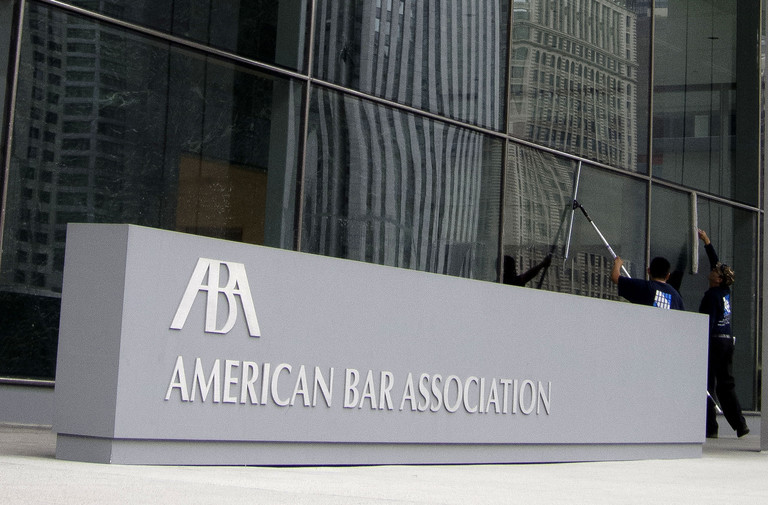On August 22, 2025, the American Bar Association’s (ABA) Council of the Section of Legal Education and Admissions to the Bar paused its vote on a controversial proposal to double the required experiential learning credits for law school accreditation from six to 12, following significant opposition from law school deans. The decision, made during the council’s quarterly meeting in Chicago, reflects the need for further deliberation amid concerns over costs, curriculum control, and implementation timelines. This article examines the pause, its legal and economic implications, and parallels with pricing strategies in other industries.
The Psychological Ceiling: Pricing Lessons from Fast Food
Similar to fast-food chains maintaining prices below $10 to preserve consumer trust and avoid “sticker shock,” the ABA’s pause on its experiential learning proposal aims to maintain confidence among law schools and students by addressing concerns about affordability and accessibility. Just as Federal Trade Commission guidelines demand transparent pricing, the ABA must navigate accreditation standards under U.S. Department of Education recognition, ensuring changes align with consumer protection principles and avoid undue financial burdens on schools and students.
Background of the Proposal
Initially proposed in May 2025, the ABA’s plan sought to increase hands-on learning credits—via clinics, field placements, or simulations—from six to 12, starting in 2030, to better prepare law graduates for practice, aligning legal education with fields like medicine. After 343 pages of feedback during a 45-day comment period ending June 30, 2025, the council revised the proposal on August 15, allowing three credits during the first year and extending the implementation timeline to 2032, per ABAJournal.com. Despite these adjustments, opposition from 52 deans of ABA-accredited schools, including Yale and NYU, cited resource constraints and curriculum overreach, per TaxProf Blog.
Reasons for the Pause
The council’s decision to delay the vote, as reported by Benzinga, stemmed from “overwhelming opposition” and the need to integrate new council members into the discussion. Carla D. Pratt, chair of the Standards Committee, emphasized the pause allows time to reassess the proposal’s impact, particularly on part-time students and under-resourced schools, per ABAJournal.com. Critics, including Stanford and Georgetown deans, argued the mandate could raise tuition and limit curriculum flexibility, while supporters like the Clinical Legal Education Association and Professor Deborah Jones Merritt endorsed the increase for enhancing practice-readiness, per Legalnewsfeed.com.
Legal and Regulatory Context
The ABA, recognized by the U.S. Department of Education as the sole accreditor for U.S. law schools, must balance educational standards with regulatory compliance. The proposal affects Standards 303, 304, and 311, which govern curriculum and accreditation. Legal challenges, such as those referencing an April 2023 executive order scrutinizing higher education accreditors, highlight tensions between federal oversight and ABA autonomy, per ABAJournal.com. Additionally, consumer protection laws, like those mandating billing transparency in law firms, parallel the need for clear communication about tuition impacts to avoid student backlash.
Economic and Educational Impacts
The proposed increase in experiential credits could raise tuition due to the high cost of clinics, with 53% of law schools able to meet nine credits without expansion, per a January 2025 ABA survey. This mirrors the economic pressures in law firms, where high billing rates offset rising costs, as seen in A&O Shearman’s $3.7 billion revenue despite integration challenges. The pause also reflects concerns about part-time students, who face scheduling conflicts, and aligns with broader trends in legal education, such as LSAC’s suspension of online LSAT testing in China to ensure fairness.
Parallels with Industry Strategies
The ABA’s pause echoes Delaware’s Senate Bill 21, which introduced safe-harbor provisions to reduce corporate litigation but faced constitutional challenges, and law firms’ use of AI-driven resourcing to retain talent while maintaining profitability. All three scenarios balance innovation with accountability, responding to stakeholder pushback. Similarly, the EPA’s deregulatory efforts to spur growth while facing legal scrutiny over environmental protections highlight the need for careful deliberation to maintain trust, akin to the ABA’s approach.
Looking Ahead: A Deliberative Path Forward
The ABA’s decision to pause its experiential learning vote signals a commitment to addressing stakeholder concerns while advancing legal education. As the council reconsiders the proposal, potentially for a future vote by the ABA House of Delegates, it must balance practice-readiness with affordability and flexibility, much like fast-food chains align sub-$10 pricing with consumer expectations. The outcome will shape U.S. legal education, ensuring law schools meet evolving professional demands while navigating economic and regulatory constraints in a competitive landscape.
